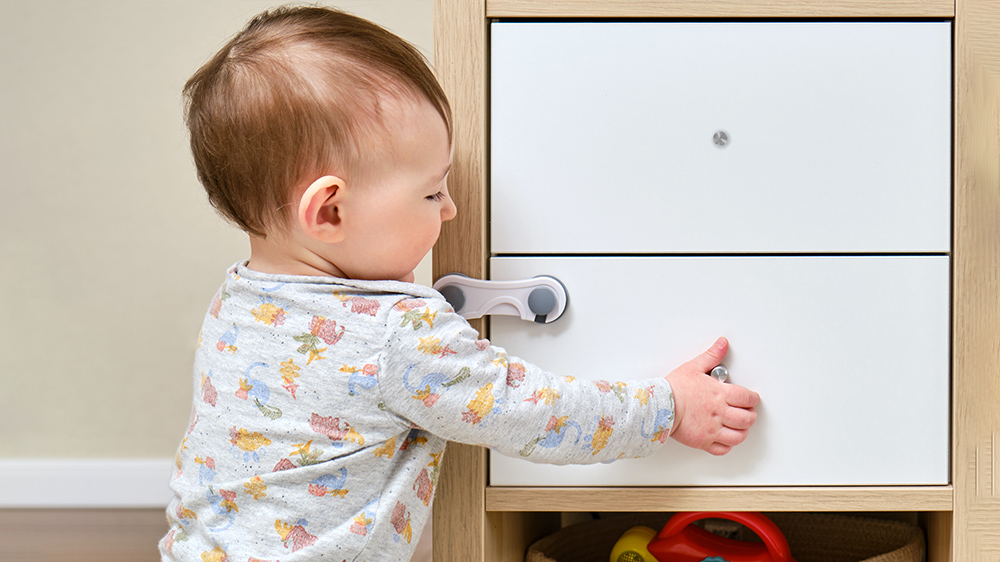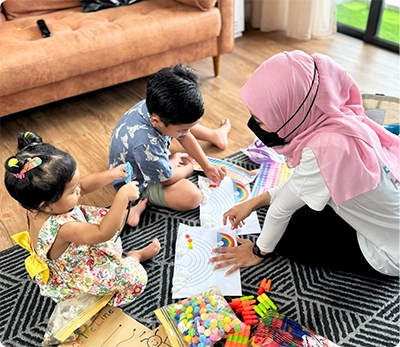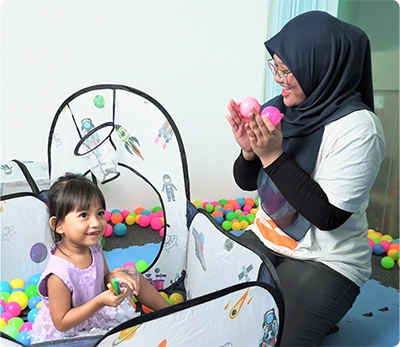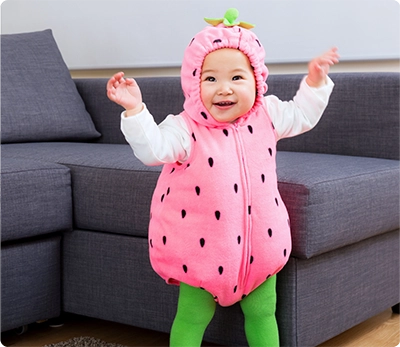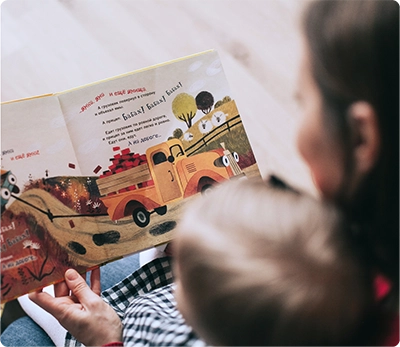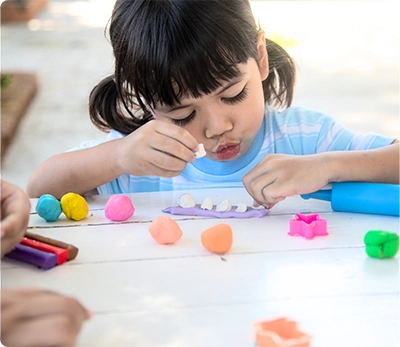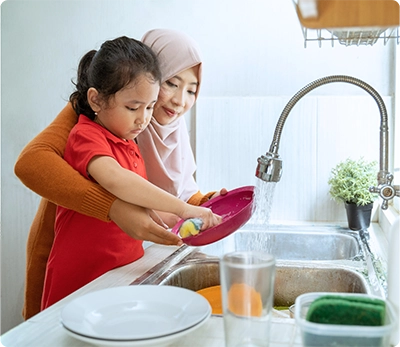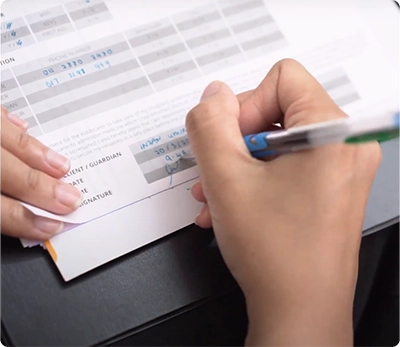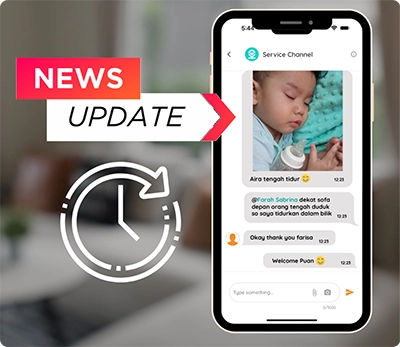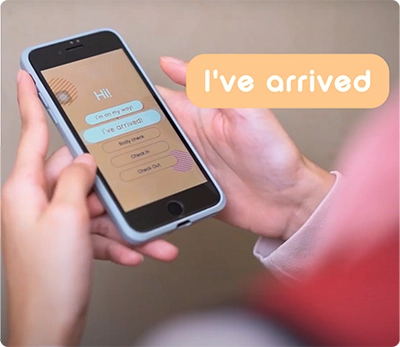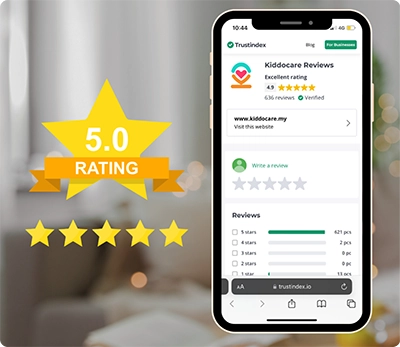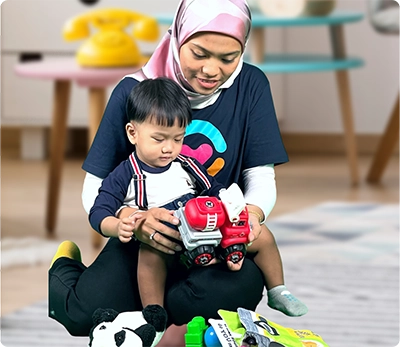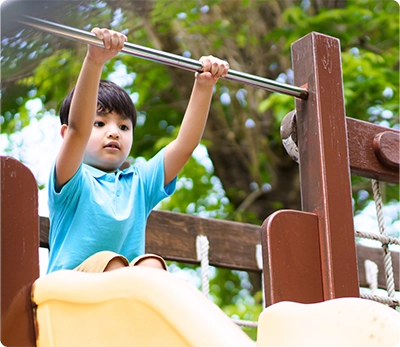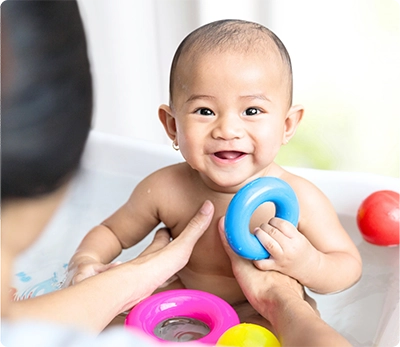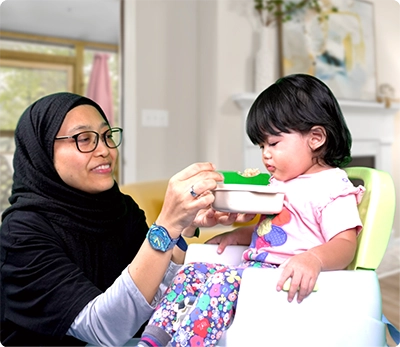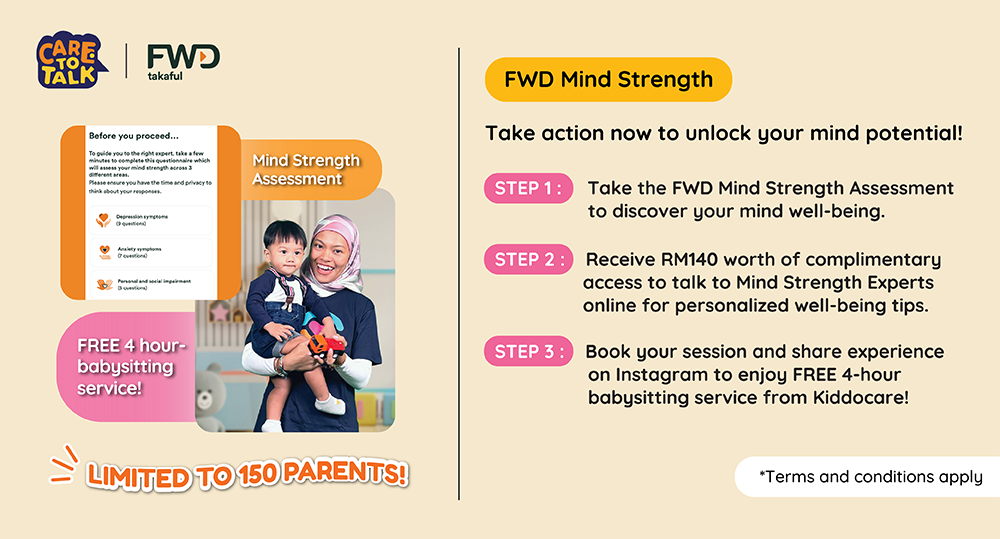Your Ultimate Checklist to Childproofing Your Home
Your Ultimate Checklist to Childproofing Your Home
Children are naturally curious little creatures–you’d be surprised at how easy it is for them to get into trouble for this. According to NMHS, home accident was second to road as a place for injury. This includes falls, poisonings, burns and other injuries. Accidents can happen, and the best way to prepare for all kinds of possibilities is to prevent them from happening–by childproofing your home.
Here’s a guide on how to childproof your home to make it safer for every age and stage of your little one’s growth.
Childproofing for a newborn
Sure, newborns are about as mobile as a potted plant, nevertheless there are some lifesaving steps you need to take to make your home safe for your newborn.
• Put a fire extinguisher in an easy-to-grab location on each floor (always keep one in the kitchen). Plan your escape if you live in a high-rise building (ask your doctor if you should get a rope ladders and smoke hoods).
• Anchor TVs and furniture to the wall with anti-tip furniture straps. You can get them online or hire a professional child-proofer to install them for you.
• Keep all cords at least three feet from Baby’s bed…they’re a strangulation risk.
• Keep your crib without blankets, pillows, bumpers, or big bulky toys for the first 12 months.
• And, while you’re at it, it’s a good idea to take an infant CPR class!
Childproofing for a crawling baby
Now this is when the fun starts… for the baby, at least. Once your baby is on the move, you’ve really got to be on your toes.
• Use baby gates to block off-limits areas. It is especially important to put one at the top of the stairs, around the pet food or kitty litter.
• Install latches on any cabinets you wouldn’t want your baby to enter, especially those containing poisonous cleaning supplies, medicines, or small objects that could be choking hazards.
• Get on all fours like your baby! Examine your entire floor—wall to wall—to find loose objects that could cause choking. A good rule of thumb: If it can fit inside a toilet paper tube, it’s small enough to be swallowed, like coins, marbles, coin batteries, magnets, staples, bits of plastic, paper clips, thumb tacks, and pieces of big-kid toys (think: Legos or Barbie shoes).
• Never handle hot food/liquids when your baby is in your arms. A sudden swipe can cause a terrible burn.
• Cover sharp furniture corners with protective bumpers.
• Little crawlers do crazy things, like sticking their tongues into electric outlets or pulling plugs out—halfway—and touching them! Cover any electrical outlets that are within reach or replace them with a child-safe version. Hide your power strips behind the furniture.
• Hide electrical cords so that your crawler can’t pull any lamps, computers, TVs, irons, or other appliances down or wrap the cord around the neck!
Childproofing for a walking baby
Look out, mom and dad! Your child is upright now and their world just got that much bigger… and riskier! Keep your toddler safe with these important extra steps.
• Keep windows latched or install window guards to protect your little one from falling out.
• Keep your little one out of the kitchen!
• Install an oven lock and knob covers on the stove.
• Stow away sharp items. That means putting your block of knives in temporary storage and keeping your cutlery in a latched drawer.
• Set your crib mattress to the lowest level. Keep the floor around the bed cushioned with a thick rug and free of hard objects to protect your child from falls during a “prison break.”
Childproofing for a toddler
Being super mobile means there are new hazards to consider. When your child is old enough to understand, it’s important to explain why certain items/places are off-limits, like hot stoves and the kitchen. Here are some other things to look out for:
• Keep matches and lighters out of reach.
• Store small kitchen appliances out of your child’s grasp.
• Continue to keep medications, chemical and poisonous products (drain cleaners, bug killers) locked away.
• Never leave the birthday balloons in the bedroom—a popped balloon is a serious choking hazard.
• Keep doors to the outside locked to prevent unauthorized wandering. If your child becomes a bit of a locksmith, add a latch to the top of the door where your child can’t get to it.

